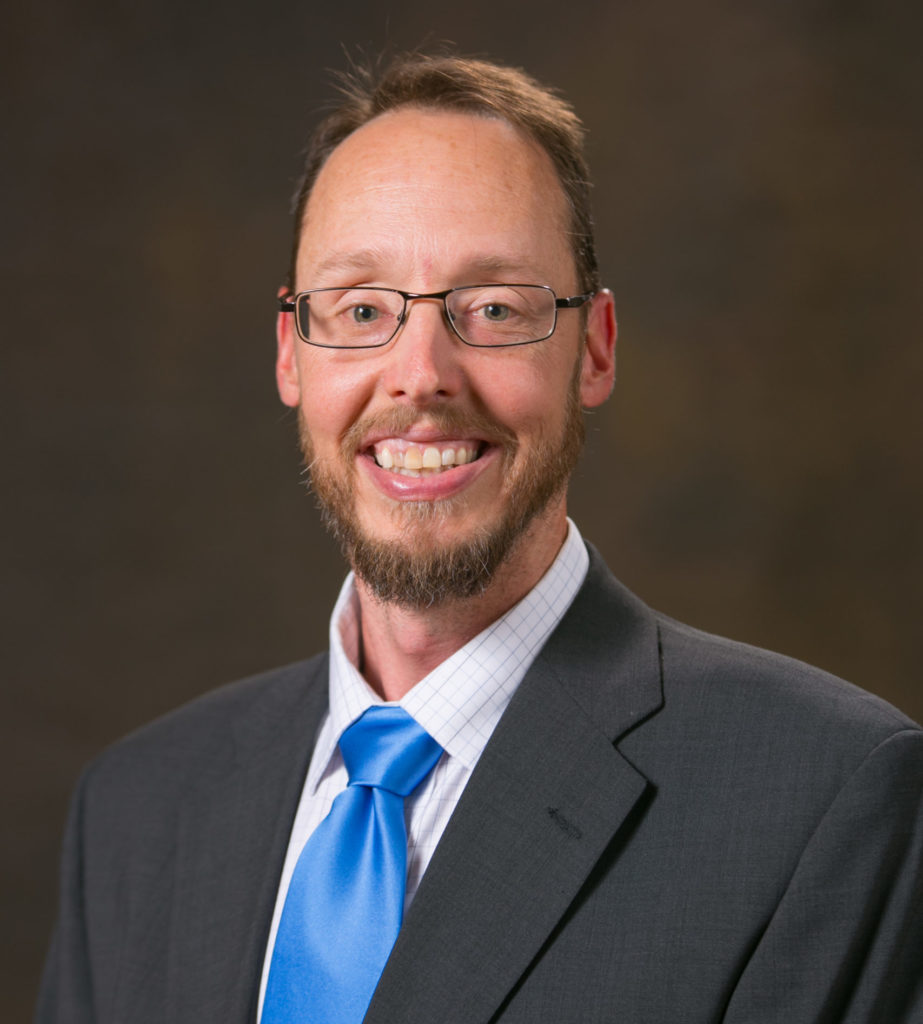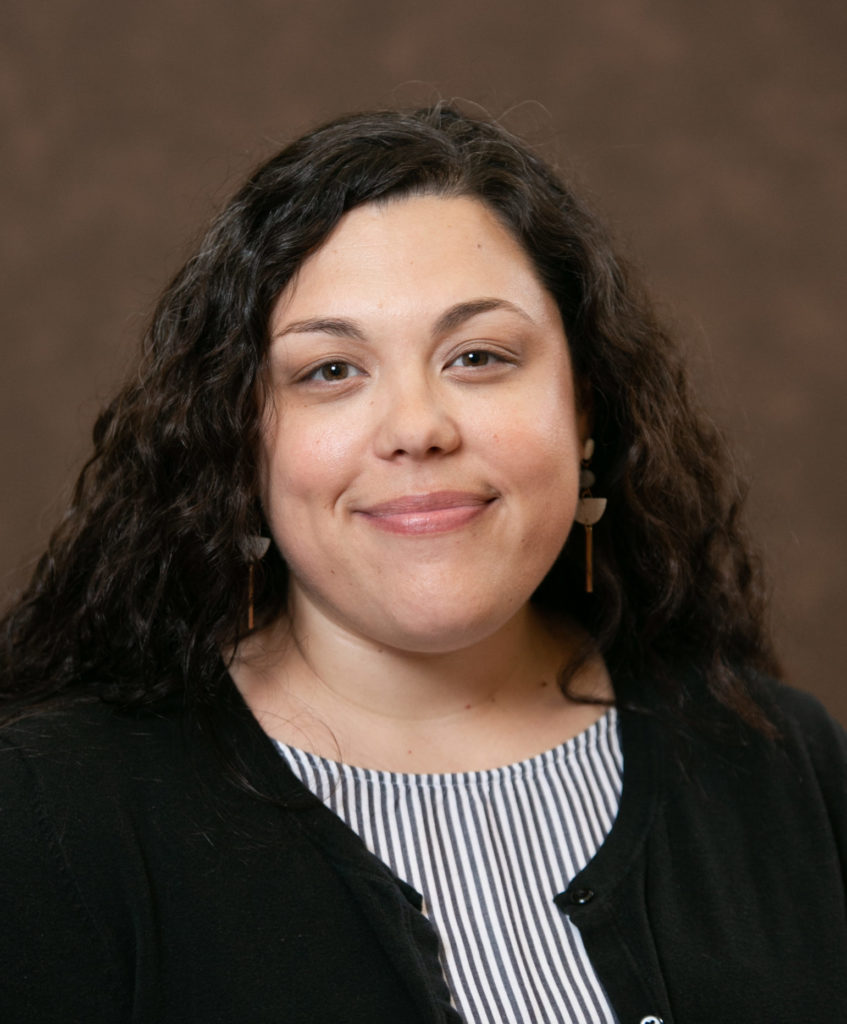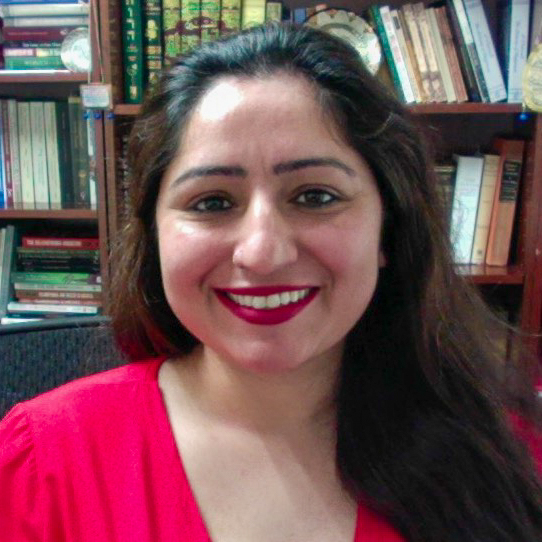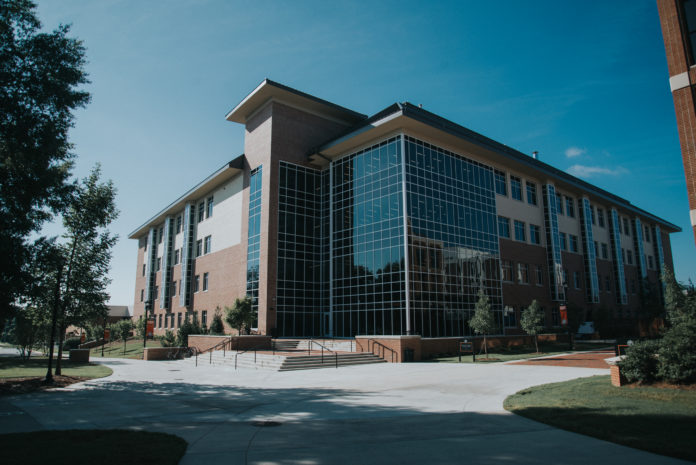This summer, a group of Mercer University professors gathered to learn evidence-based and inclusive teaching practices. Now, they’re putting that knowledge into action in their classrooms and sharing it with colleagues.
Thirty-two faculty members in the College of Liberal Arts and Sciences, College of Health Professions, College of Professional Advancement and School of Engineering participated in Mercer’s first Mobile Institute on Scientific Teaching in May.
The National Institute on Scientific Teaching used to host one big conference every year attended by professors from across the nation, but the nonprofit transitioned to summer workshops at individual institutions about five years ago to more quickly spread these effective teaching practices.

Dr. Troy Nash, senior lecturer of biology, spent most of the 2020-21 academic year organizing the four-day Mobile Institute on Scientific Teaching at Mercer. He and higher education experts from institutions across the country — including University of Georgia, Georgia Institute of Technology, Spelman College, University of Louisville, Harvard and State University of New York at Geneseo — led the training at the Godsey Science Center in Macon. A few participants attended via Zoom.
“There’s a lot of research that’s been done and literature that’s been published on teaching practices that have been shown to increase student learning and persistence,” Dr. Nash said. “Helping train faculty in those evidence-informed practices is a good practice across the board. Our main job is to help students be successful.”
The curriculum focused on inclusive teaching methods, active learning strategies and effective assessment development, and participants worked in small groups and practiced what they learned during interactive sessions.
“Having an opportunity on campus to go learn and engage in that type of work was really valuable,” said Dr. Laura Simon, assistant professor of sociology. “I applied (for the seminar) right away, so I could engage in that material. The interdisciplinary component was very motivating.”
The lecture style of teaching isn’t always what students need, and the workshop showed strategies where students do more than just sit and listen. It was a real benefit to see what professors in other fields were doing and how their methods could apply to her own classroom, she said.

“It’s all about taking the scientific approach to learning. What I really valued from the workshop was using research conducted on student learning outcomes and student engagement to inform our strategies in the classroom,” Dr. Simon said.
Dr. Simon found the sessions on backward design, in which professors begin with their learning objectives and then develop lessons to reach those goals, to be especially beneficial. They helped her to think critically about aligning what she’s doing in the classroom with student engagement and outcomes.
She realized she was having her sociology theory students tackle an assignment before they had a good foundational understanding of the context, and she used backward design to assess and improve her syllabus over the summer.
Dr. Shehnaz Haqqani, assistant professor of religion, liked that the workshop focused on centering students in the learning process and keeping them actively engaged.
“I’m still new to teaching,” she said. “I love my students, and I’m always excited to seek more opportunities to be a better teacher. Teaching and learning is a journey. The stuff that I teach can be very difficult.”
The institute also honed in on best practices for giving feedback to students, colleagues and administrators. Mercer administrators joined one of the sessions so they could hear feedback from the faculty, a unique aspect of this workshop, Dr. Haqqani said. Many requests by faculty require administrative support, so a session dedicated to having a conversation between the two groups was very helpful and appreciated.
“What I loved about this workshop is it actually did the things it wanted us to do,” Dr. Haqqani said. “You got to see whether it would be something you would want to try in your classroom. We worked in groups. We worked on Google Docs and PowerPoints together, editing them as a team. We created course objectives and learning outcomes and then gave each other feedback for making them clearer or more accessible.”

She plans to implement a new feedback approach she learned, so her comments on student assignments will be more constructive and helpful. She also found the sessions about creating learning outcomes and objectives to be very valuable.
“I got so much out of it,” Dr. Haqqani said. “There were strategies for making sure your teaching is inclusive and students feel fairly represented in your classroom. These are things that I’m already thinking about, and I loved that this was very present in this workshop.”
The faculty who participated in the summer institute are now considered Scientific Teaching Fellows for the 2021-22 academic year, joining a community of more than 2,000 faculty members from 56 institutions, Dr. Nash said. They will continue to implement the evidence-based practices into their classrooms and share what they learned with their peers informally when possible.
The fellows will gather next spring to share the changes they’ve made to their teaching, and some of them will help plan the next Mobile Institute on Scientific Teaching in May 2022.










